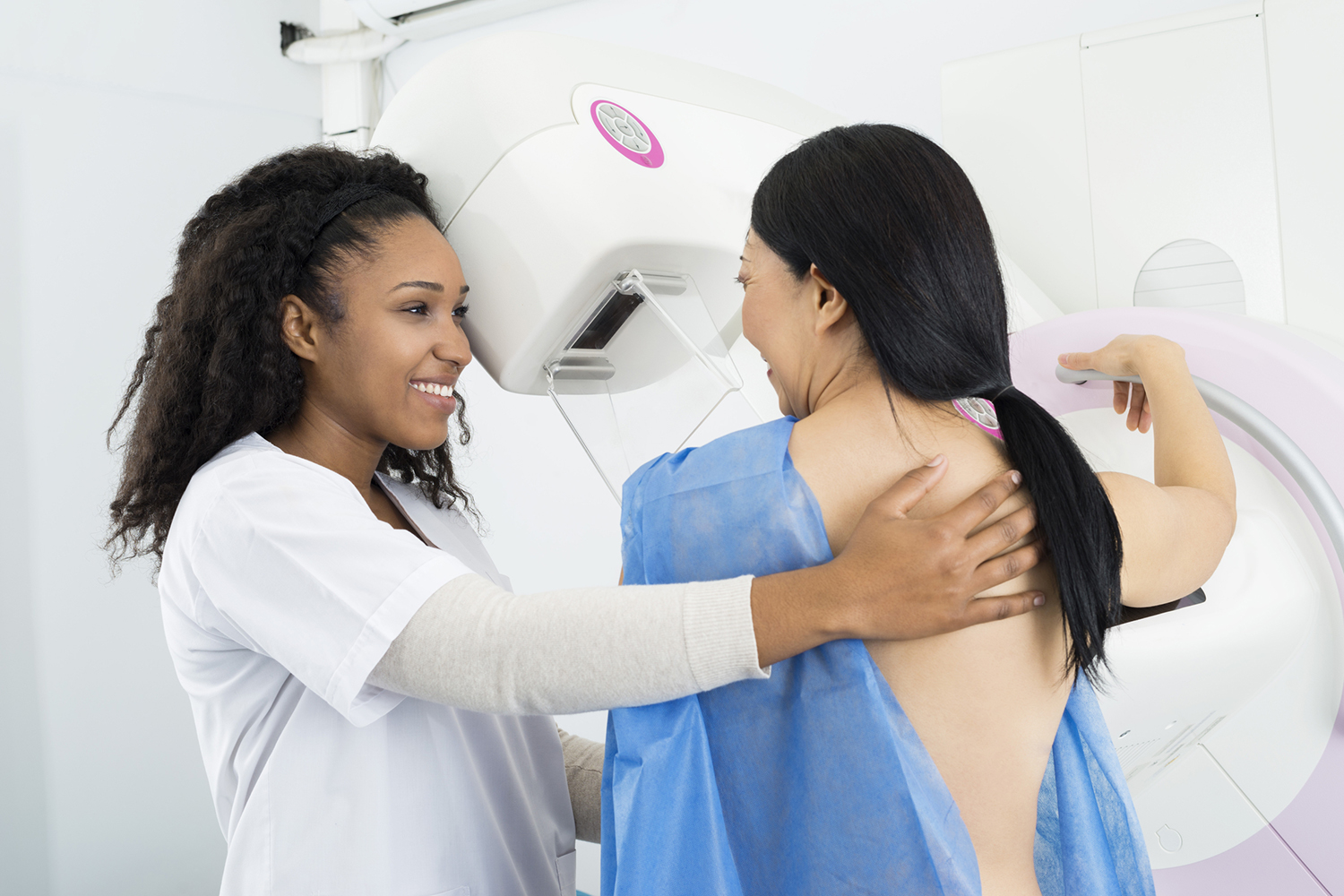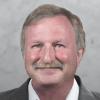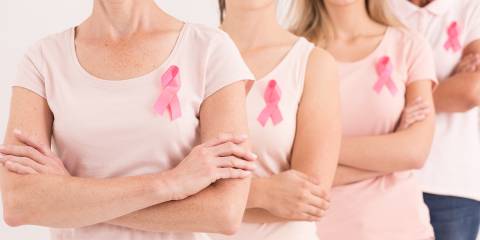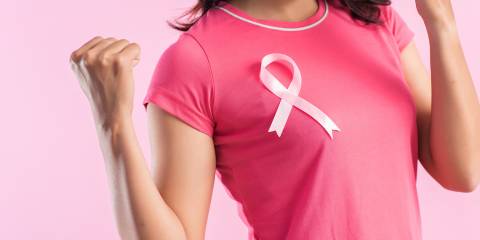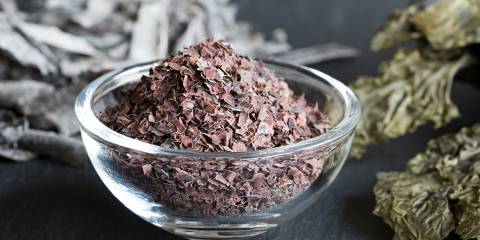Breast cysts (fibrocystic breast disease) and cancer are common in the U.S. and Europe, but rare in Japan.
It is suspected that this occurs because the Japanese diet is high in iodine, and iodine deficiency is becoming increasingly common in the U.S. Iodine is critical for breast health (and also thyroid function).
Treatment
If you have a breast cyst or knot that lasts over a month, have your physician check it.
General Diet Advice
-
Avoid Caffeine
For severe cases, this includes the caffeine in chocolate.
Recommended Supplements
-
Iodine
150-200 mcg of iodine is recommended for everyone’s day-to-day requirements.
A dose as high as 12.5 mg iodine is recommended for breast cysts (and also for breast cancer). Do not exceed this amount unless you are under a health practitioner’s supervision. It will help sooner, but give it 3 months to work.
Very rarely, iodine can aggravate acne or indigestion, so stop the iodine supplement if this occurs or take a lower dose.
This treatment is also recommended for women with breast cancer (along with vitamin D 2,000 units a day — unless blood calcium is high) and coenzyme Q10 at 400 mg a day.
For more information on iodine, see the book Iodine by David Brownstein M.D.
-
Vitamin E
Take vitamin E 400 units a day (use a “natural mixed tocopherols” form).
